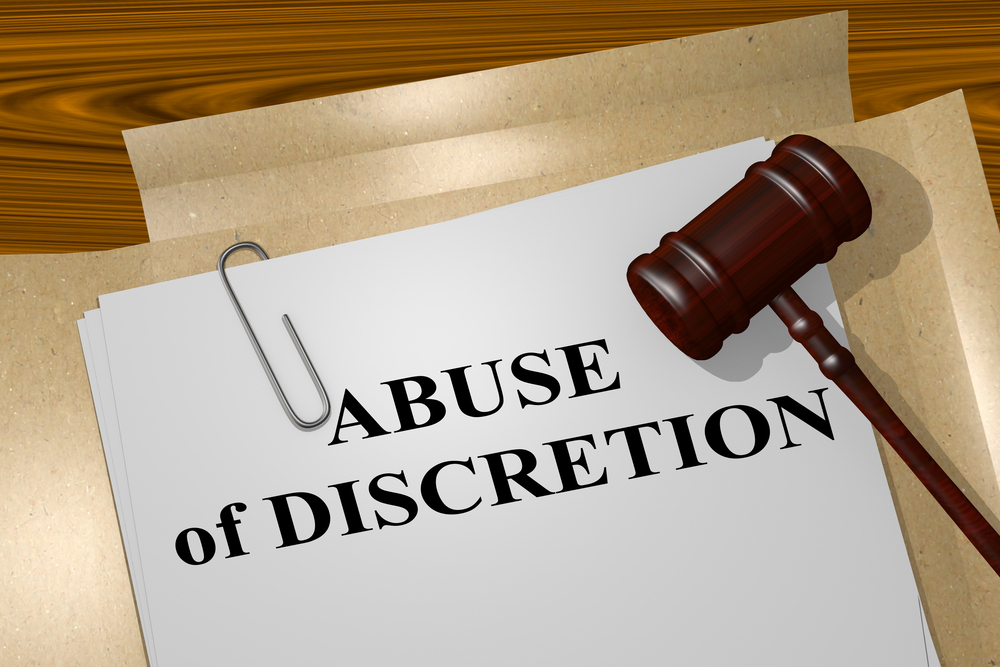Appellate Court Reversing Trial Court Granting Motion for New Trial

There are times a trial court may grant a motion for a new trial after the jury’s verdict. Naturally, the party that received the benefit of the jury’s verdict will appeal the trial court’s ruling granting the motion for a new trial. A good example can be found in Smith v. Lyles, 48 Fla.L.Weekly D1079a (Fla. 6th DCA 2023), a personal injury case, where the trial court granted a new trial in favor of the plaintiff after the jury found the defendant was not liable.
The trial court granted the new trial because it found: (a) the defendant had improper testimony; (b) the defendant’s expert violated the court’s motion in limine limiting his testimony; and (c) the jury’s verdict of no liability was “contrary to the manifest weight of the evidence, generally and in the specific ways such that the verdict is the clear and obvious product of the fact, that the jury was deceived as to the weight, force and credibility of the evidence, and was improperly influenced by prejudice, sympathy, mistake or other consideration outside the record.” Smith, supra. On appeal, the appellate court reversed the trial court’s order and remanded the case back to the trial court to enter judgment in favor of the defendant per the jury’s verdict.
Improper Witness Testimony
As to the first reason the trial court granted a new trial — improper testimony by the defendant – “[a]n order granting a new trial based on improper witness testimony is reviewed for an abuse of discretion.” Smith, supra. Here, the appellate court found the trial court abused its discretion for granting a new trial for this reason because the court’s finding was not supported by the trial record. “A trial court is not permitted to grant a motion for new trial based on improper witness testimony when the testimony cited by the trial court did not actually occur.” Smith, supra.
Violation of Motion in Limine
As to the second reason the trial court granted a new trial – the defendant’s expert violated a motion in limine –“[a]n order granting a new trial based on the violation of an order in limine is generally reviewed for an abuse of discretion.” Smith, supra. However, no different than above, the appellate court found the trial court abused its discretion for granting a new trial for this reason because the violation was not supported by the trial record. “Because [the defendant’s expert’s] testimony plainly did not violate the trial court’s ruling on the motion in limine, the trial court abused its discretion by finding otherwise.” Smith, supra.
The Manifest Weight of the Evidence
As to the third reason the trial court granted a new trial – the jury’s verdict was contrary to the manifest weight of the evidence – “[a] trial court’s order granting a motion for a new trial on the ground that the jury’s verdict is contrary to the manifest weight of the evidence is reviewed for abuse of discretion, but ‘that discretion is neither absolute nor unreviewable.’” Smith, supra (citation omitted). The trial court is not granted “a license to operate as a super-juror by disregarding a jury’s verdict because the judge would have rendered a different one had it been the judge’s choice to make.” Id. (internal quotation and citation omitted). Similar to the above, the appellate court found the trial court abused its discretion for granting a new trial for this reason. “[I]n ruling that the jury’s verdict was against the manifest weight of the evidence, the trial court ignored conflicting testimony as to whether [the defendant] was negligence as to the cause of [the plaintiff’s injuries. For this reason, the trial court abused its discretion by finding that the jury’s verdict was against the manifest weight of the evidence.” Smith, supra.
Please contact David Adelstein at [email protected] or (954) 361-4720 if you have questions or would like more information regarding this article. You can follow David Adelstein on Twitter @DavidAdelstein1.




